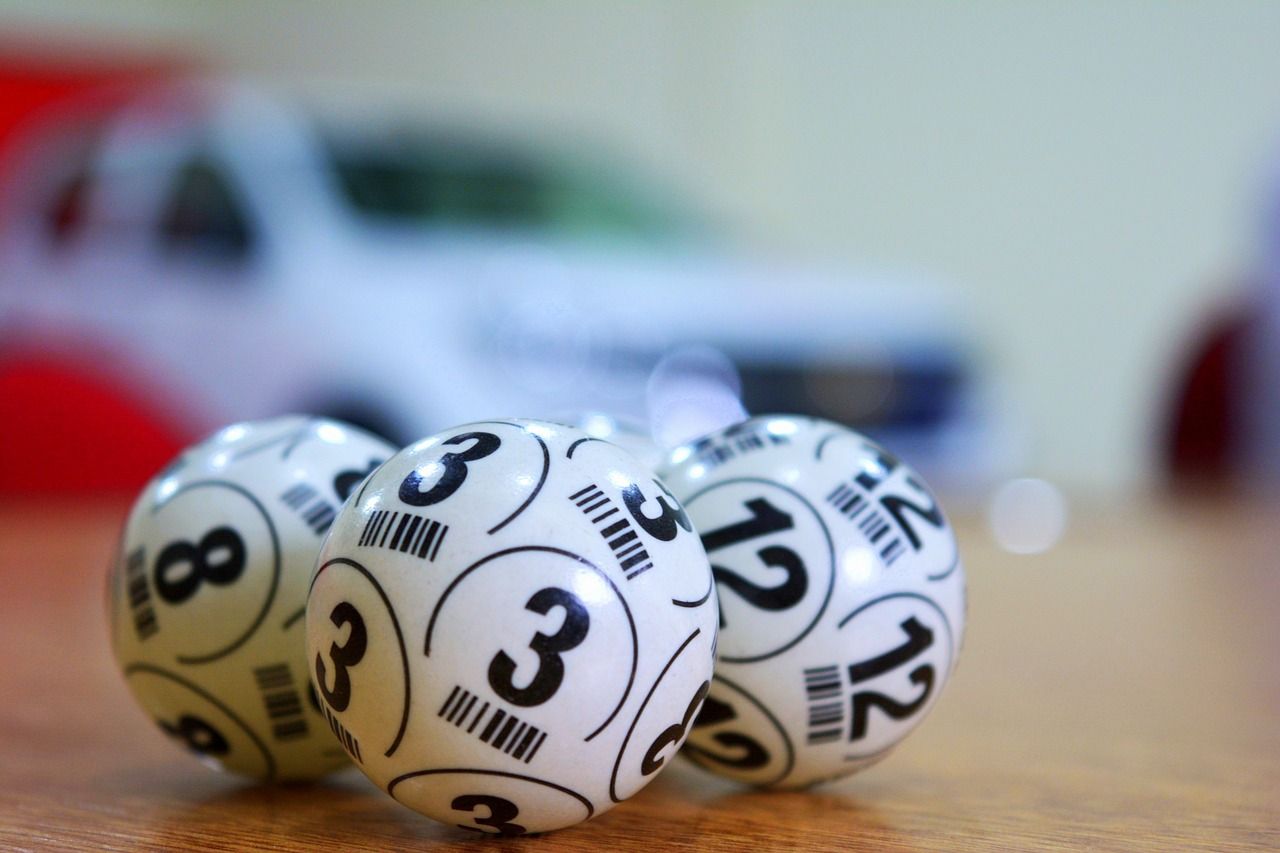Lottery draws have been a popular form of gambling and entertainment for centuries, capturing the imagination of millions worldwide. The excitement of potentially winning large sums of money with a simple ticket purchase continues to allure many, making it an integral part of various cultures. In this article, we will explore the intricacies of result cambodia, including how they work, the types of lotteries, the odds of winning, and the social and economic impacts of this game of chance.
How Lottery Draws Work
At its core, a lottery draw is a random selection process designed to determine winners from a pool of participants. Here’s a breakdown of how it typically works:
- Ticket Purchase: Players buy tickets, which usually consist of a series of numbers or symbols. These tickets can be purchased at physical locations or online.
- Draw Date: Each lottery has a specified date for the draw, which can be daily, weekly, or at other regular intervals.
- Random Selection: During the draw, a set of winning numbers is randomly selected, usually using a mechanical or electronic drawing machine. The method aims to ensure fairness and transparency.
- Winning: Players check their tickets against the drawn numbers. Depending on the lottery’s rules, they can win prizes for matching all, some, or even just a few numbers.
Types of Lotteries
There are several types of lotteries, each with its unique structure and prize distribution. Here are the most common types:
- Traditional Lotteries: Players select numbers from a predetermined range, and the goal is to match the drawn numbers. Examples include the Powerball and Mega Millions in the United States.
- Instant Lotteries (Scratch-Offs): These lotteries involve scratch-off tickets that reveal if a player has won immediately upon scratching off the surface.
- Raffles: In this format, a limited number of tickets are sold, and a random drawing determines the winner, often for a specific prize.
- Sports Lotteries: These are based on the outcomes of sports events. Players may bet on the results of games, with prizes awarded based on accuracy.
- Online Lotteries: Many jurisdictions now offer online lottery platforms where players can purchase tickets and participate in draws remotely.
Odds of Winning
Understanding the odds is crucial for any lottery participant. The odds vary significantly between different lottery games.
- Powerball: The odds of winning the jackpot are about 1 in 292 million.
- Mega Millions: The odds for the jackpot are approximately 1 in 302 million.
- Scratch-Offs: These can have better odds, often ranging from 1 in 3 to 1 in 5, depending on the game.
While the odds of winning the jackpot are extremely low, many lotteries offer smaller prizes for matching fewer numbers, which can provide some level of return for players.
Social and Economic Impact
The lottery is not just a game of chance; it has significant social and economic implications:
- Revenue Generation: Lotteries are often run by state governments, generating substantial revenue that can fund public services such as education, infrastructure, and healthcare.
- Economic Disparities: Critics argue that lotteries disproportionately affect low-income individuals, who may spend a higher percentage of their income on tickets in hopes of improving their financial situation.
- Social Programs: Many states earmark lottery revenue for specific social programs, leading to debates on the effectiveness and ethical implications of funding through gambling.
- Addiction and Problem Gambling: The excitement of the lottery can lead to compulsive gambling behaviors for some individuals, prompting discussions about responsible gambling and available support resources.
